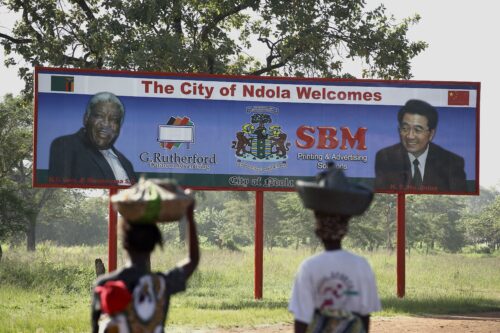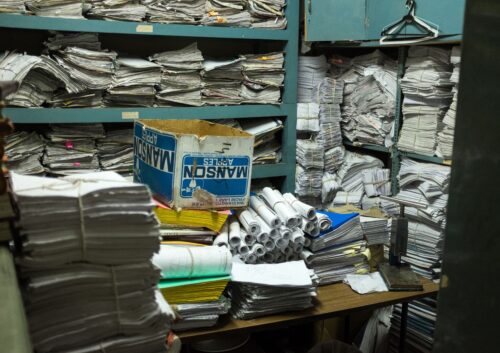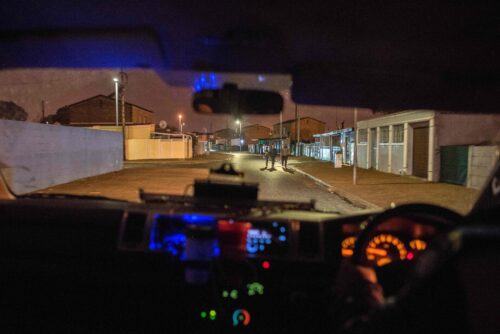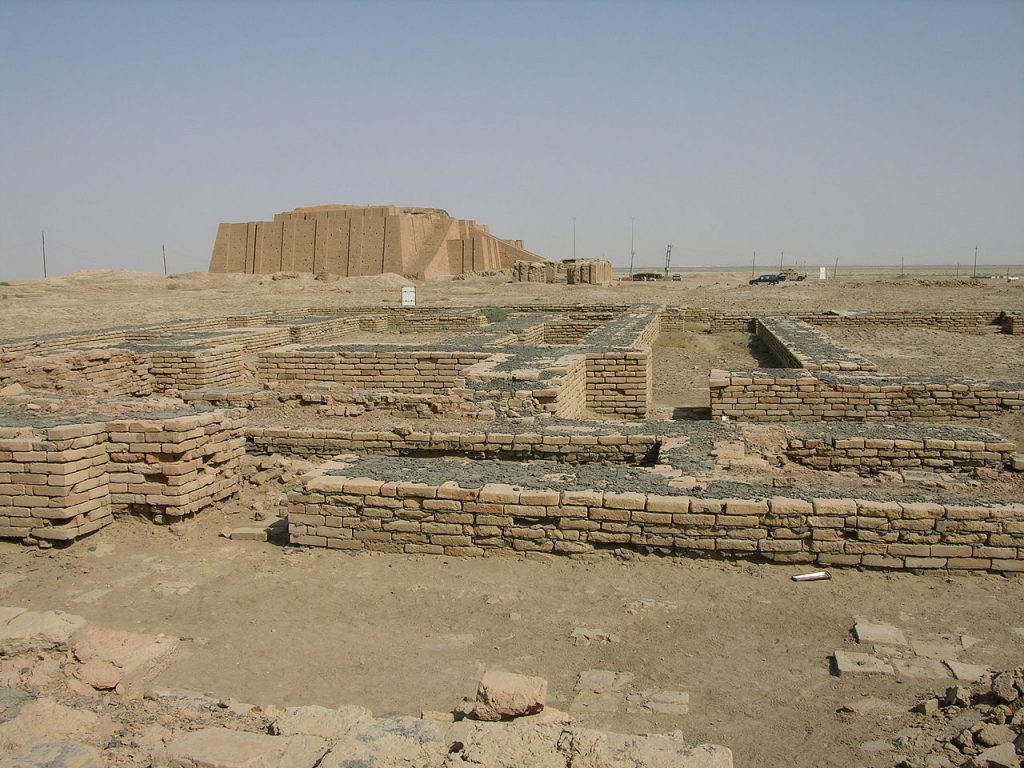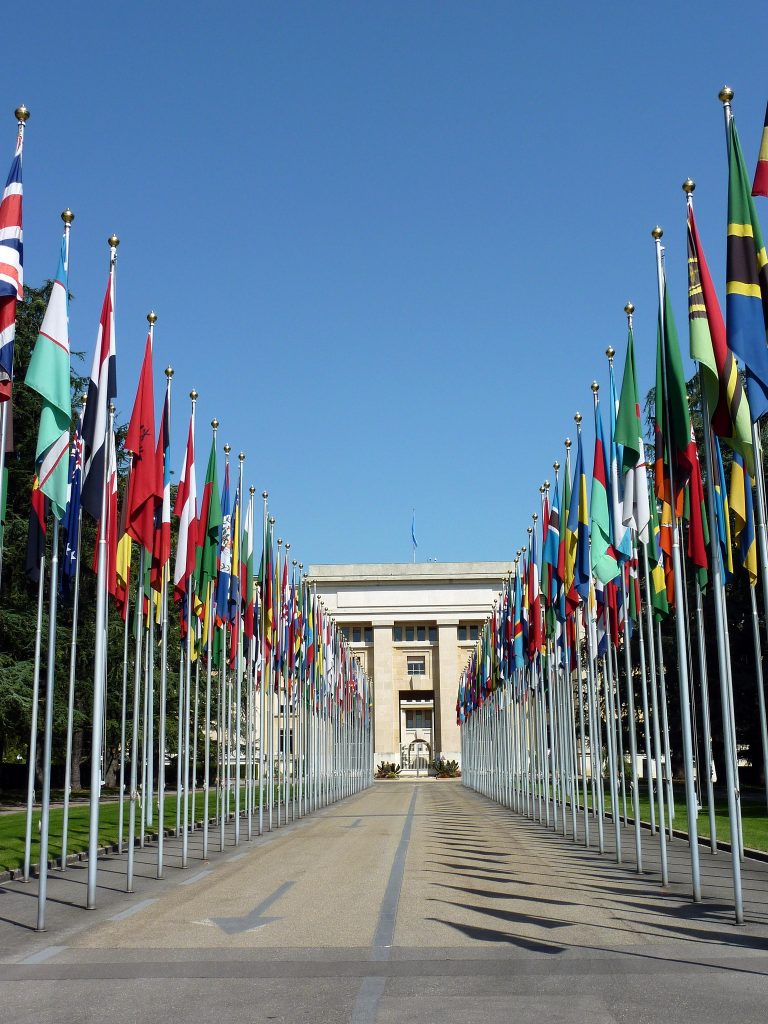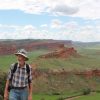The Fifth Beginning
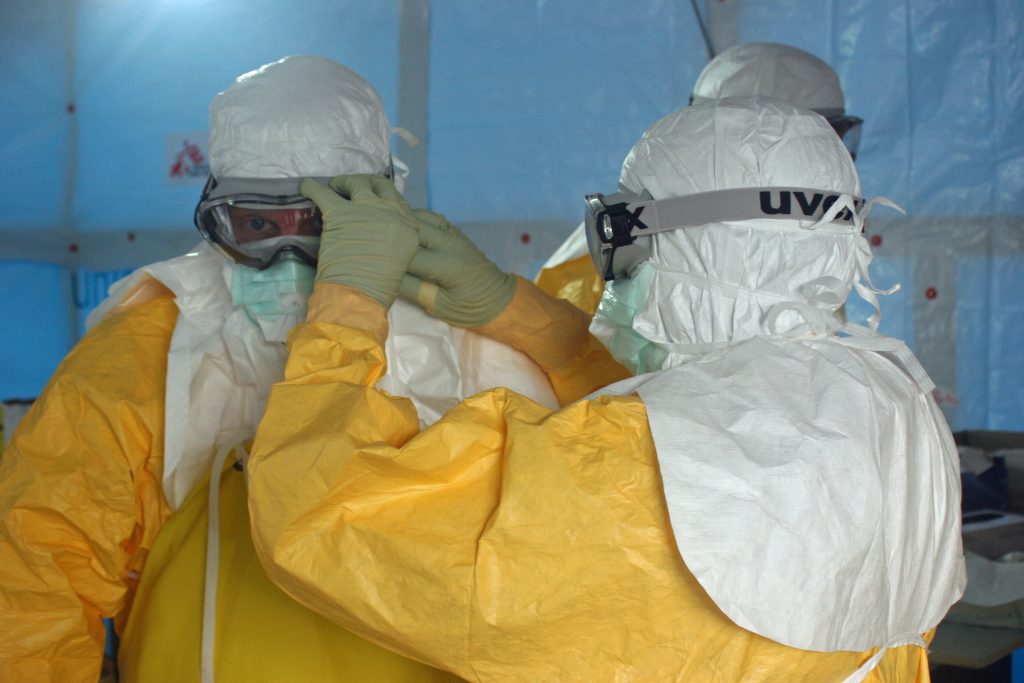
For many people, there are numerous reasons to be pessimistic about life in 2017. Right-wing parties that campaigned on messages of exclusion have won elections in democracies from Poland to the United States. Countries are building walls, literally and figuratively—from U.S. President Donald Trump’s promised fortification against Mexico to the U.K.’s exit from the European Union. Separatist groups have arisen from Italy to Texas. The world seems more divided and fearful than ever, just as daunting challenges like climate change require global cooperation.
Yet there is a glimmer of hope. I see these recent developments as resistance against a powerful, global transformation, a new beginning. It might be painful, but the world is about to grow up.
Back in the 1980s, during an introductory anthropology lecture I gave on world history, one young student just shook his head and said, “This is the way things always have been, and this is the way things always will be.” Though he saw that societies had evolved, he didn’t think that human nature had changed: We have always been and still are a violent, destructive species. My young student figured that we were at the end of history. Like most people, he felt that all past events simply led up to today; his vision didn’t include hope for future change.
I was struggling to come up with an answer when an elderly African-American woman in the class stood up and said, “My father was born in slavery.” Her father had been born shortly before the 1863 Emancipation Proclamation. He had married late in life, and my student had been born around 1905. She had lived through Ku Klux Klan lynchings and the civil rights movement. “Things do change,” she said.
Taking the long view of 6 million years of prehistory supports her more optimistic outlook on the world.
Ask archaeologists why they do archaeology and they might quote Winston Churchill: “The longer you can look back, the farther you can look forward.” Archaeology’s ability to tell us about the future might seem limited: While I am often astounded at the information we can squeeze from stone tools and pottery shards, digging up the remains of long-gone societies can rarely, if ever, tell us as much about people as an in-depth ethnographic study. But archaeology is excellent at sketching the big picture.
Archaeologists may not see the trees, but we see the forest with great clarity. Patterns in the distribution of our material remains provide a great view of the overarching organization and story of human societies.
From this perspective, I argue that the human lineage has gone through four distinct changes, or new beginnings, so far. The first was sparked by the onset of technology, marked by the appearance of stone tools some 3.3 million years ago. The second was triggered by the beginning of humanity’s capacity for culture and for life in a symbolically constructed world. Between 200,000 and 70,000 years ago, we began creating art, burial rituals, and, most likely, religion. The third beginning was prompted by agriculture, which was invented in various places starting some 12,000 years ago. Permanent villages, as well as domesticated plants and animals, became part of humanity’s material signature.
The fourth beginning, which commenced some 5,000 years ago, entailed the origin of states: large organizations with centralized power and authority. This beginning was marked by “shock and awe” public architecture that signaled and maintained central power—such as massive, intricate temples. Extensive social structures allowed people to devote time to art, science, and writing; clever technologies gave societies the ability to boost food production, transport goods and people long distances, and spread information quickly. It also became a time of standing armies, warfare, poverty, racism, and sexism.
The boundaries between these times are not neat and tidy, and the shifts often take millennia to occur; it took until the 19th century, for example, or more than 5,000 years, for statehood to reach the western United States. But in the “movie” of world history, these are the “moments” when the plot of the human story changed.
I believe that archaeologists 100,000 years from now will recognize a fifth beginning, one that began about A.D. 1500, stretches through today, and will perhaps take centuries to unfold. This one is characterized by a globalization of human society: people, things, money, and ideas reaching across the whole planet. This era has already had a huge impact on Earth, whether measured in terms of buildings, cities, trash, or systems of energy harvesting. It is marked by human artifacts on the moon and Mars, by shipwrecks at the bottoms of the seas, by the interconnection of literally every corner of the globe through information and transport technology, by the global movement of previously localized populations, and by a rate of change in material culture that is orders of magnitude higher than any that came before it.
Each new beginning likely started with the simple actions of a few individuals: the first human ancestors to create stone axes or the first people to print books on Gutenberg’s press. But the results were complex, far-reaching, and unpredictable. Hominins wielding stone tools didn’t intend to expand their range beyond tropical forests and populate the world as hunter-gatherers; they were just trying to be good arboreal primates. Hunter-gatherers didn’t intend to become farmers; they were simply trying to be the best hunter-gatherers they could be. Such transformations have nothing to do with progress. The same is true today. In trying to be the most-industrialized, best-armed, most successful capitalist nation-states we can be, we should expect to become something completely new.
So how might the fifth beginning pan out? There are three processes at work today: the escalating technologies and costs of war, capitalism’s search for cheap supplies of labor, and the globalization of culture brought on by the rapid distribution of products and information. Each will force radical change. War will no longer be a viable way to solve problems; societies are already unwilling to accept the sort of casualties and collateral damage of the last world war, and no country is willing to risk an all-out nuclear conflict. Capitalism will evolve as the standard of living rises in the developing world and cheap labor disappears. The nation-state will no longer be a sacred organization but only a bureaucracy for record keeping, perhaps superseded by some form of global self-governance.
History shows that each new beginning helped to foster and improve cooperative action, ever expanding the size of human groups working together to solve problems and ensure each other’s safety against local catastrophe. With the fifth beginning, those networks encompass the entire globe: We now have the United Nations (and its International Court of Justice) and the World Trade Organization, to name a few, along with humanitarian groups like Doctors Without Borders. We are now citizens of the world. At the same time, violence is in decline, and rates of homicide, rape, and organized conflict are decreasing worldwide. The fifth beginning will usher in a world generally at peace, one marked by new forms of cooperation in trade, defense, education, entertainment, sports, medicine, and science.
This period will bring about the end of life as we know it, but it will not lead to Armageddon. The ride might be rough, but the fifth beginning will take us into humanity’s finest hour.
